For freshman Emily Wang, the struggle against false information is part of her everyday life. Wang said as she navigates social media, research, and TikTok, she consistently comes across misinformation.
“I’m kind of upset that (false information) is being shown to people, and people might believe it,” she said.
Wang isn’t the only one facing fake information. People across the U.S. are coming up with strategies to deal with the false information on social media. According to a study by Statista, 38.8% percent of Americans check facts thoroughly themselves. Wang said she hopes this number will grow.
“If you don’t have (any strategies) to root out what isn’t real on the internet, you’re going to be a lot more susceptible to believing anything you see,” Wang said.
Senior Ryune Kono said he believes that education, especially at this school, is an important step in preventing the spread of false information online.
“(Education is important in) making sure students don’t just believe everything they see on the internet, even if they initially find it interesting (and) to be able to look it up and actually look more in depth on what they’re looking at before reposting,” Kono said.
According to Terri Ramos, department chairperson of media and communications, the media center provides students with resources to fact-check information they see online. She said websites like FactChecker and tools like the CRAAP (currency, relevance, authority, accuracy, and purpose) Test are useful in helping students discern what is true and what is false.
“(These sites) teach kids how to, you know, really analyze information for themselves and realize that depending on who’s saying it and who they’re writing it for, changes how that content comes across,” Ramos said.
She said the media center also teaches students lateral reading. Lateral reading is investigating an unknown source. By doing this, Ramos said, students are less likely to get information from an untrustworthy source.
“If you’re online and you’re looking at something and whatever it is that you read, you need to go out into another tab and you need to check that information,” Ramos said.
But while those resources can be helpful, some students said they find the effort and time too much. Freshman Molly Wiseman said she tries to check all the information she sees online, but the task can feel daunting.
“I feel like you just have to fact-check everything you see because it’s so easy to just lie,” Wiseman said.
Wiseman said she doesn’t usually fact-check information that isn’t important or no one cares about, but if the topic seems important, she’d be more likely to do her own research.
“Things that could be relevant, I’ll sometimes look up and kind of dig deeper to find if it’s actually true or not,” Wiseman said.
In 2023, a Pew Research Center study found that a majority of Americans are in favor of restrictions on false information. The survey states the number of adults who believe the government should restrict false information rose by 16% over the past 5 years.
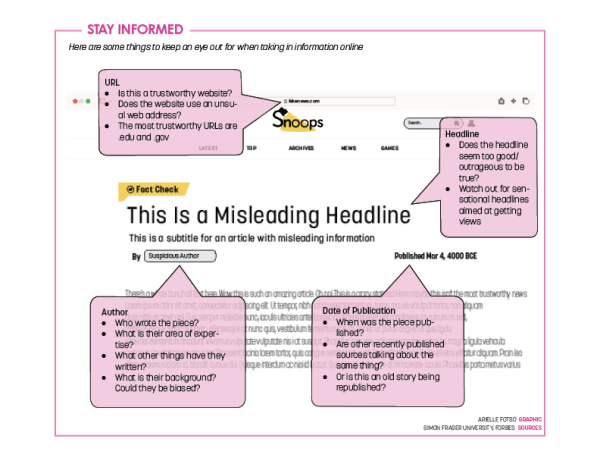
Kono, though, said he believes that regulating false information shouldn’t be up to the government.
“I think that’s a very fine line. Regulating posts on social media can lead to regulating people’s freedoms of speech,” Kono said. “Despite fake news being so dangerous, I think it’s a very fine line for the government to step in.”
Wang said she believes it’s not up to the government, but up to social media companies to stop the spread of misinformation online.
“I think that it should be the responsibility of social media companies to regulate it on their own, and not something by the government,” Wang said.
Although Wang said she hopes social media companies crack down on misinformation, she said she doesn’t believe it is any less important to fact-check. By looking at news sources with different political perspectives and websites that debunk popular internet theories, Wang said she works to make sure the information she receives from social media is correct.
“If I see something very important being shown to me on social media, I’ll always go and do my own research to make sure of it,” Wang said.
But recently, false information online hasn’t started and ended with humans. Artificial Intelligence (AI) like ChatGPT has become more widely available to the public, bringing with it more possibilities for the spread of misinformation. Technology like deep fakes, AI-written articles, and AI-created videos can help to create and spread fake content.
With AI technology, Ramos said it’s even more important not to immediately believe everything online.
“It’s just a matter of paying attention,” she said. “You could be on social media. There can be good things, there could be bad things but you as the user have to be paying attention. It’s the same thing with Artificial Intelligence. If you’re paying attention you’re going to realize you’re looking at something not quite right.”
It remains to be seen if tech companies or the government will take definitive action against false information on social media. Even so, Wang said misinformation won’t go away, and fact-checking is important for the future.
“I think misinformation is going to continue being a bigger issue,” Wang said, “because as technology becomes more and more advanced there’s more and more ways of getting information that isn’t true.”










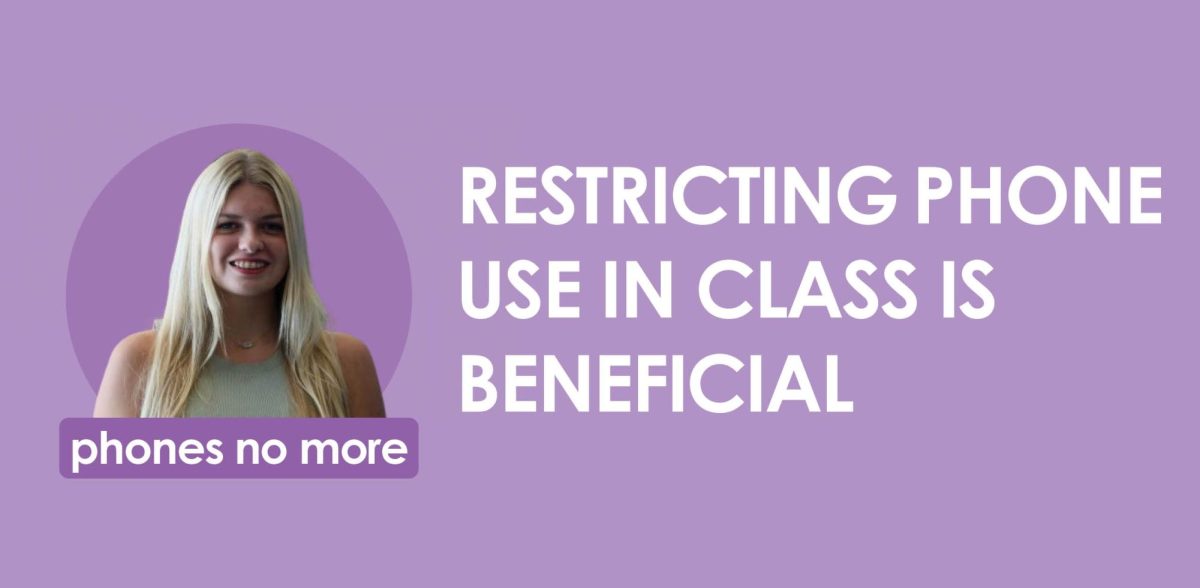
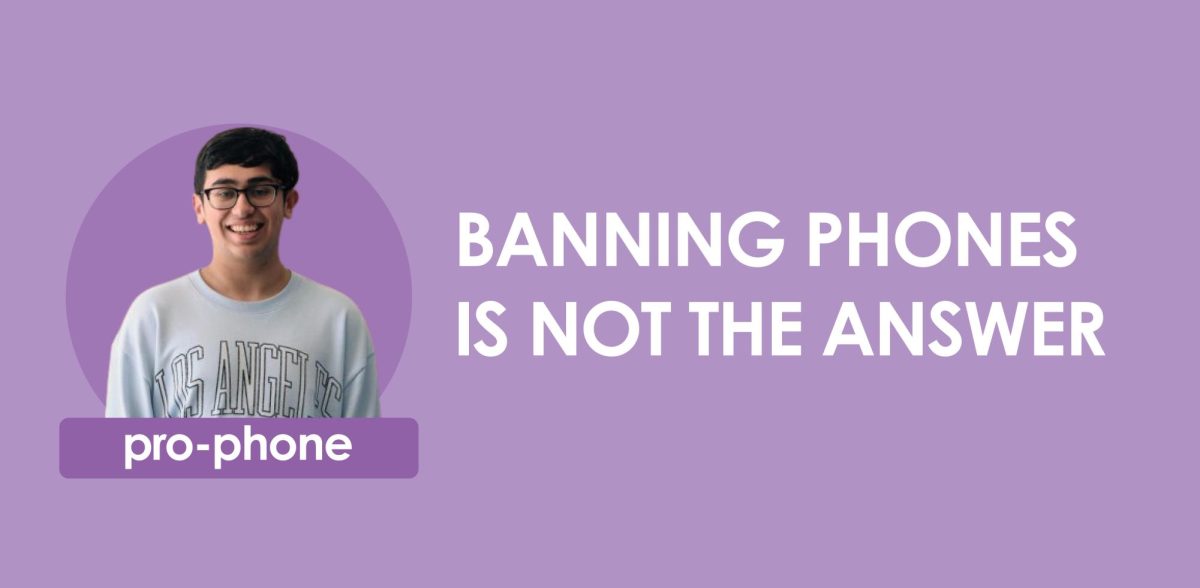
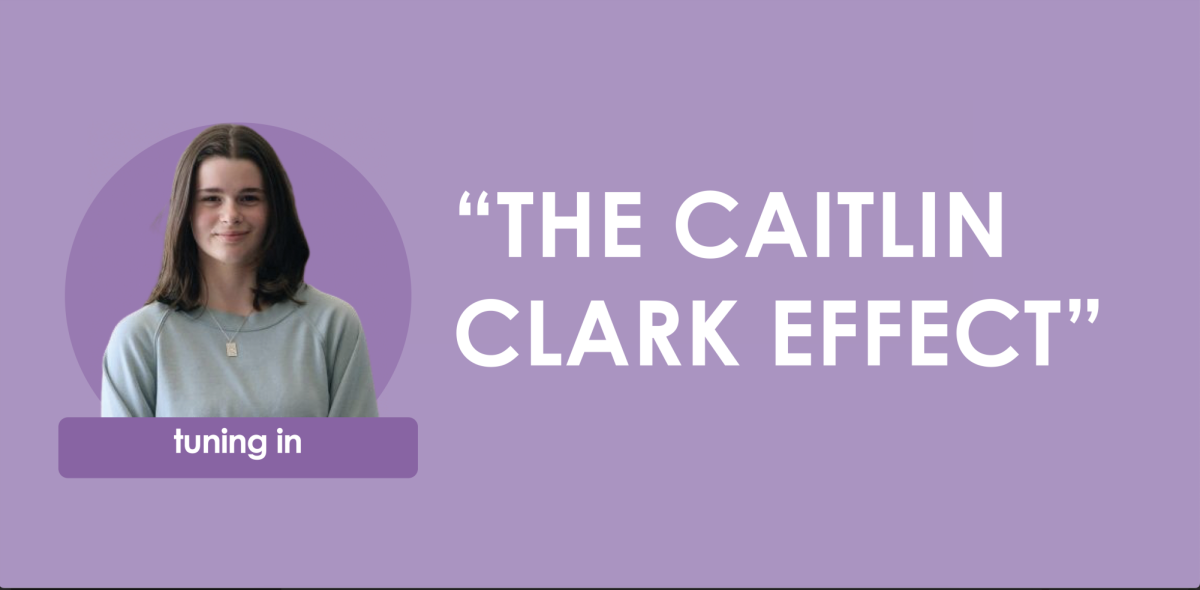

















![Family vlogger controversy, need for content reform [opinion]](https://hilite.org/wp-content/uploads/2024/05/Screenshot-2024-05-14-11.33.37-AM-1200x465.png)





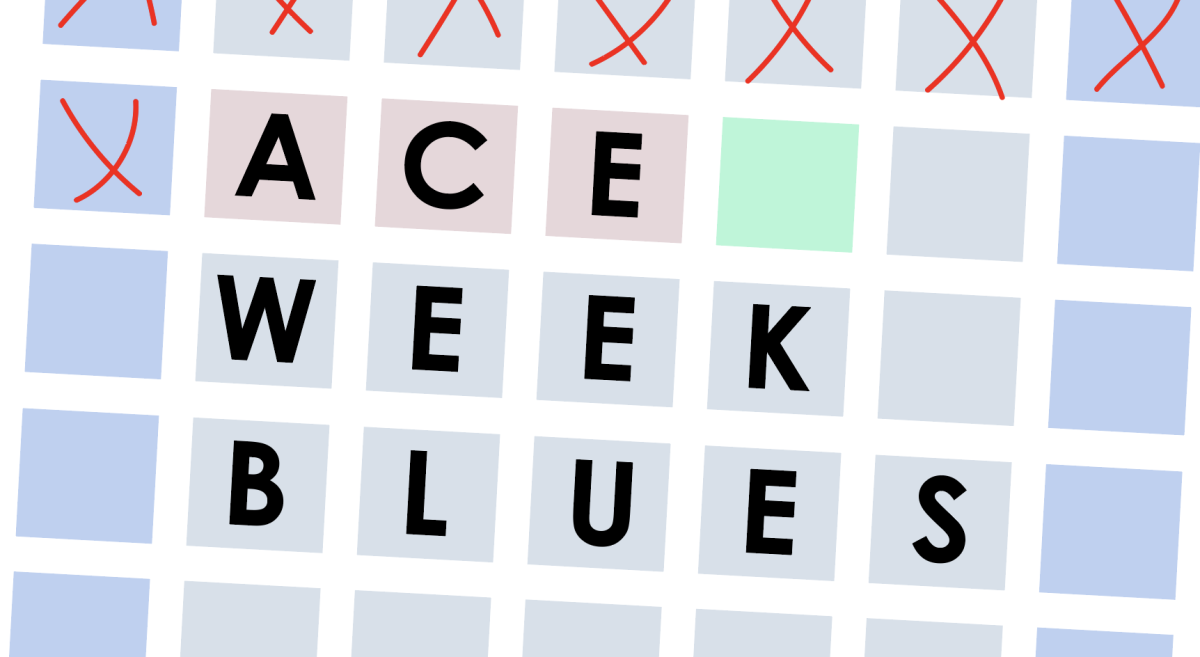
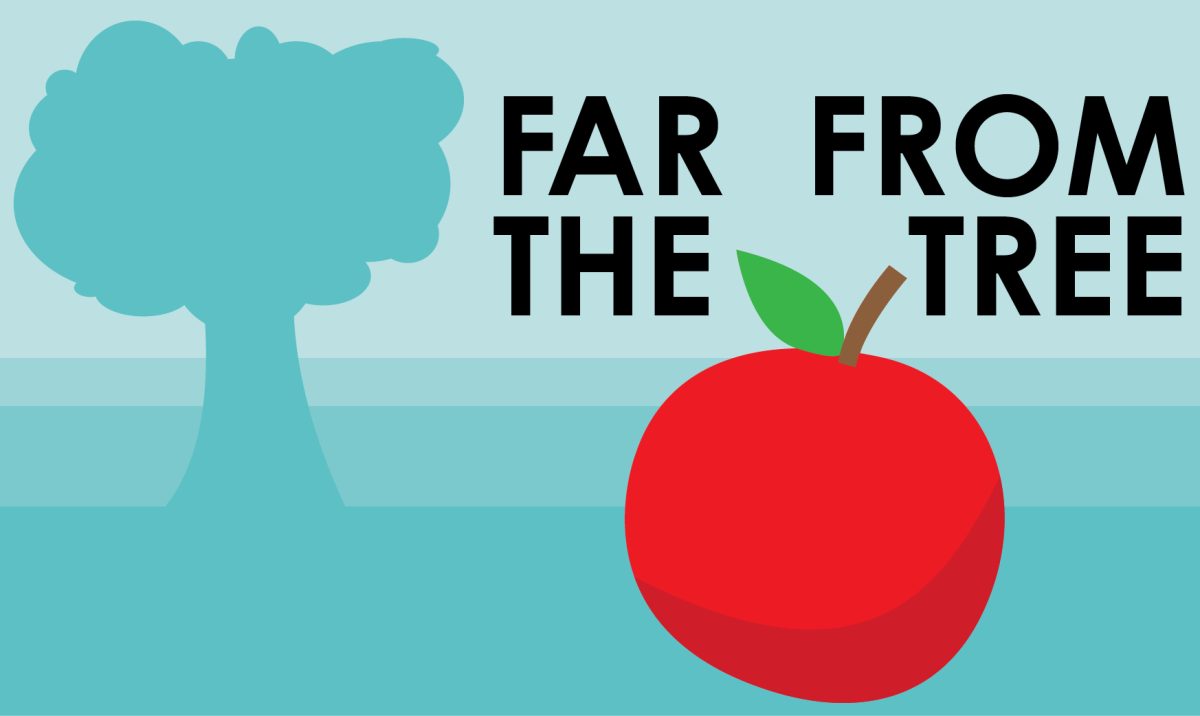







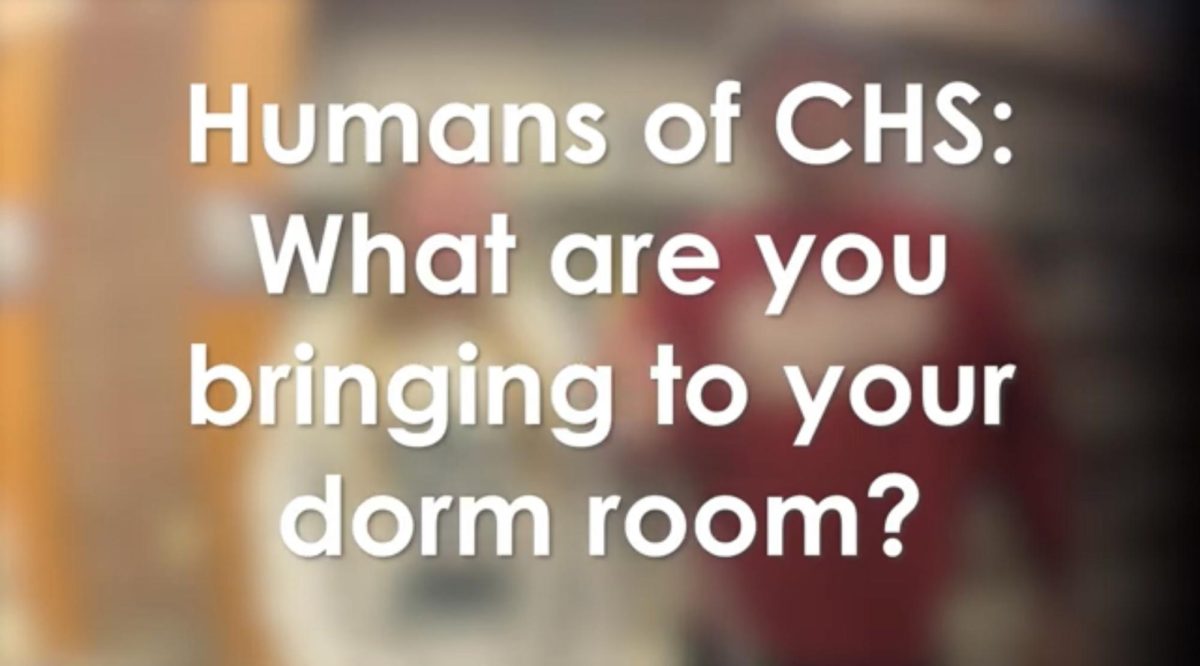









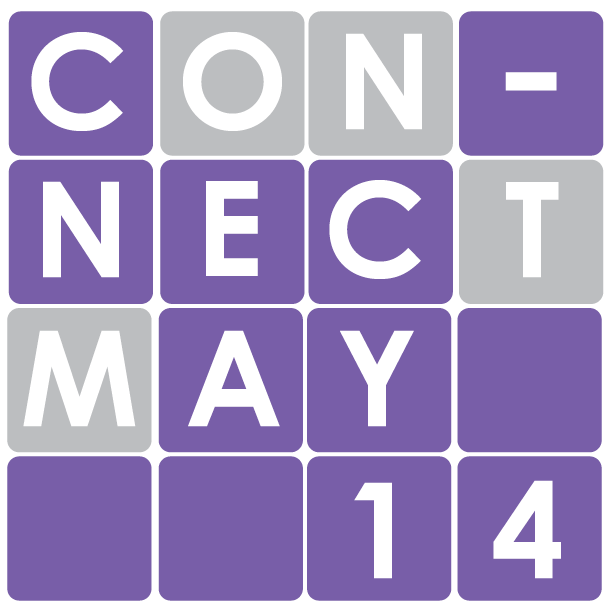

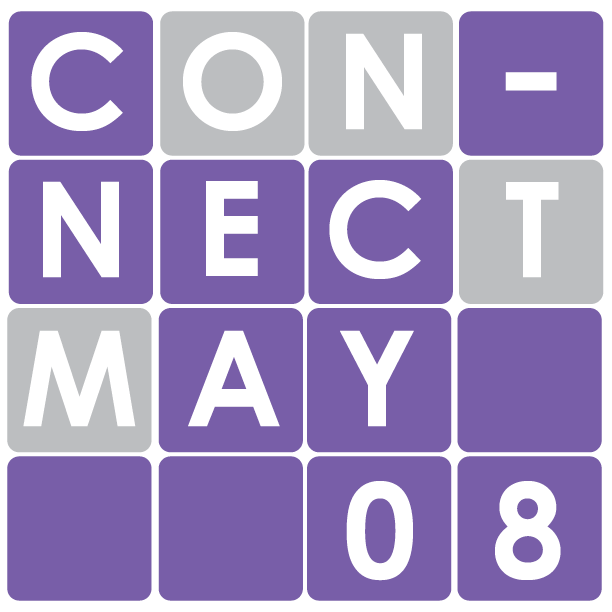

![Review: Taylor Swift’s new album The Tortured Poets Department is not her best work but is still a brilliant album [MUSE]](https://hilite.org/wp-content/uploads/2024/05/The-Anthology_Cover-1200x675.webp)
![Review: Challengers does it all [MUSE]](https://hilite.org/wp-content/uploads/2024/05/challengers-poster-1200x600.png)
![Review: A House of Flame and Shadow by Sarah J. Maas was a disappointing read [MUSE]](https://hilite.org/wp-content/uploads/2024/05/house-of-flame-and-shadow-feature.png)
![Review: Conan Gray’s new album, “Found Heaven”, is a refreshing twist on modern music [MUSE]](https://hilite.org/wp-content/uploads/2024/05/Screenshot-2023-10-31-at-16.01.05.webp)
![Review: “Bodies, Bodies, Bodies” is the quintessential Gen-Z movie [MUSE]](https://hilite.org/wp-content/uploads/2024/05/Screenshot-2024-05-15-140618.png)
![Review in Print: Maripaz Villar brings a delightfully unique style to the world of WEBTOON [MUSE]](https://hilite.org/wp-content/uploads/2023/12/maripazcover-1200x960.jpg)
![Review: “The Sword of Kaigen” is a masterpiece [MUSE]](https://hilite.org/wp-content/uploads/2023/11/Screenshot-2023-11-26-201051.png)
![Review: Gateron Oil Kings, great linear switches, okay price [MUSE]](https://hilite.org/wp-content/uploads/2023/11/Screenshot-2023-11-26-200553.png)
![Review: “A Haunting in Venice” is a significant improvement from other Agatha Christie adaptations [MUSE]](https://hilite.org/wp-content/uploads/2023/11/e7ee2938a6d422669771bce6d8088521.jpg)
![Review: A Thanksgiving story from elementary school, still just as interesting [MUSE]](https://hilite.org/wp-content/uploads/2023/11/Screenshot-2023-11-26-195514-987x1200.png)
![Review: When I Fly Towards You, cute, uplifting youth drama [MUSE]](https://hilite.org/wp-content/uploads/2023/09/When-I-Fly-Towards-You-Chinese-drama.png)
![Postcards from Muse: Hawaii Travel Diary [MUSE]](https://hilite.org/wp-content/uploads/2023/09/My-project-1-1200x1200.jpg)
![Review: Ladybug & Cat Noir: The Movie, departure from original show [MUSE]](https://hilite.org/wp-content/uploads/2023/09/Ladybug__Cat_Noir_-_The_Movie_poster.jpg)
![Review in Print: Hidden Love is the cute, uplifting drama everyone needs [MUSE]](https://hilite.org/wp-content/uploads/2023/09/hiddenlovecover-e1693597208225-1030x1200.png)
![Review in Print: Heartstopper is the heartwarming queer romance we all need [MUSE]](https://hilite.org/wp-content/uploads/2023/08/museheartstoppercover-1200x654.png)













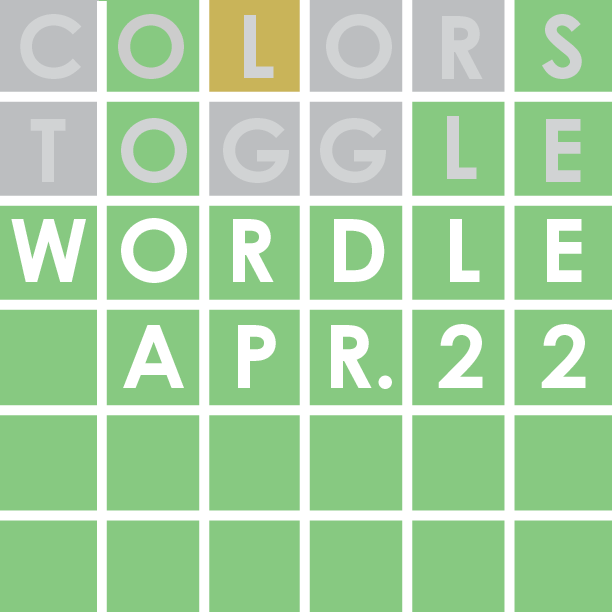








![Review: “Ginny & Georgia” is a dramatic and poorly made emotional rollercoaster–and I loved it anyway [MUSE]](https://hilite.org/wp-content/uploads/2024/03/ginny-and-georgia-season2-main-be37bbb9487a41e88b3f66c3baacd5c3-300x177.jpg)
![Review: Witch Hat Atelier is a masterpiece in art and world-building, but the story has only begun [MUSE]](https://hilite.org/wp-content/uploads/2024/01/unnamed-211x300.png)
![Review: “Mysterious Lotus Casebook” is an amazing historical Chinese drama [MUSE]](https://hilite.org/wp-content/uploads/2024/03/0-300x170.webp)
![Review: “A Little Life” by Hanya Yanagihara is the epitome of a heartwrenching masterpiece [MUSE]](https://hilite.org/wp-content/uploads/2024/01/unnamed-5-300x200.png)


